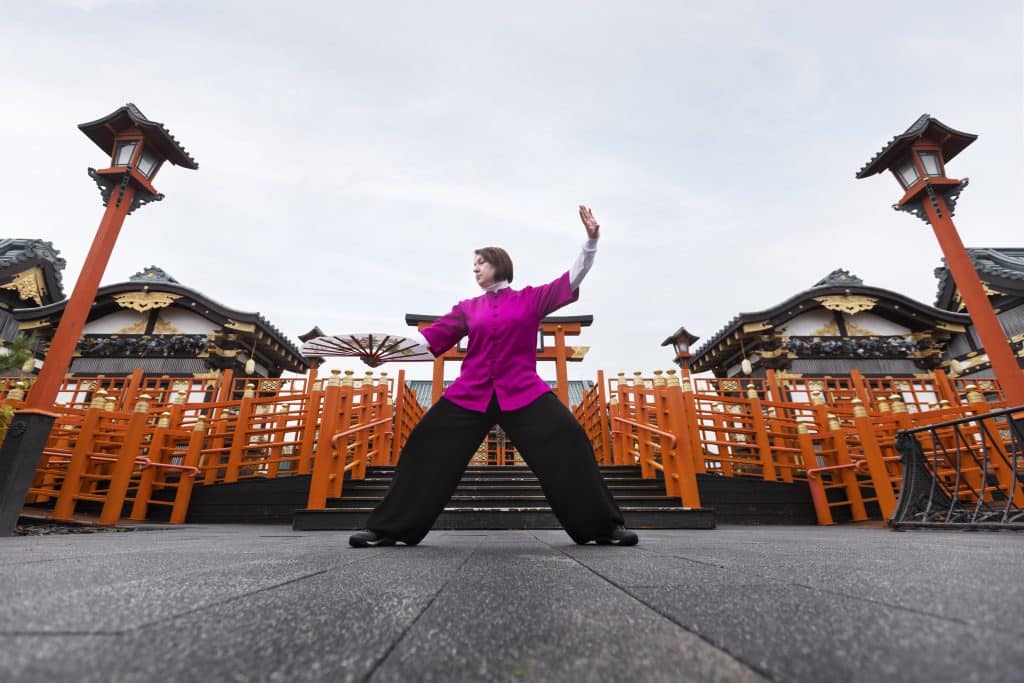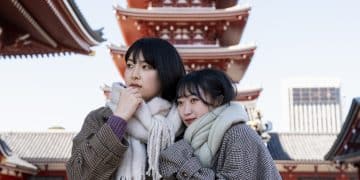Japanese Doramas Reflect Culture, Values, and Social Change
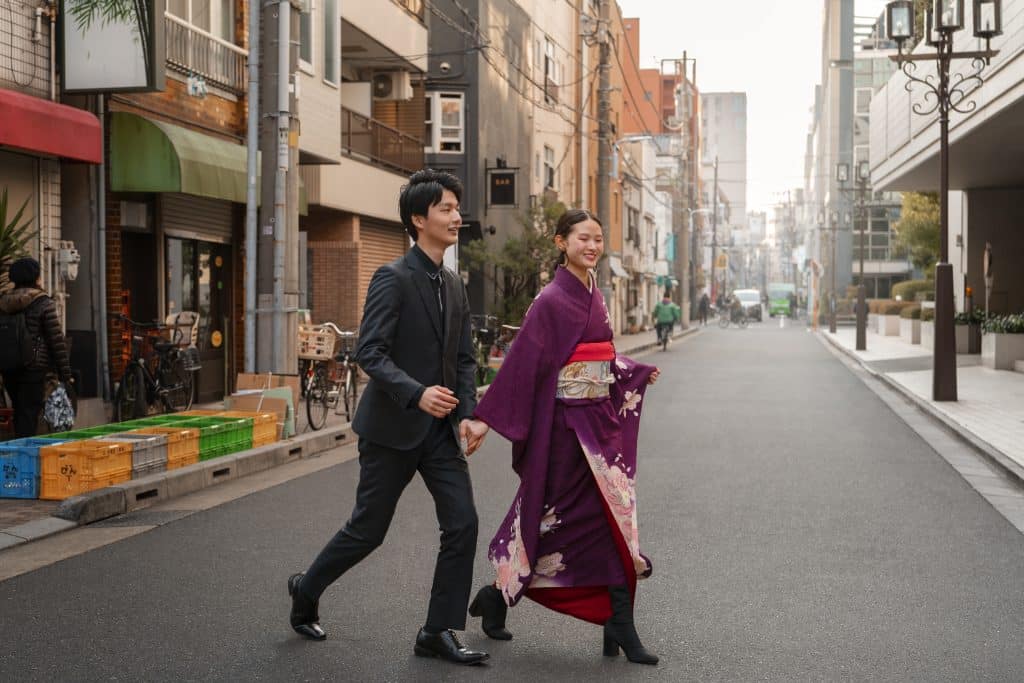
What Are Japanese Doramas?
Japanese doramas are live-action television dramas made in Japan. They come in many genres, from romance and family life to suspense and workplace stories. Often, doramas last for one season with a set number of episodes, making each story concise and focused. These shows are deeply woven into daily Japanese culture, with many people watching new episodes weekly and discussing them at work or school.
Cultural Role and Popularity
Doramas carry more weight than just entertainment. They reflect social values, trends, and issues, providing a window into everyday Japanese life. Over the years, these dramas have shaped and mirrored norms around family, work, love, and honor. They become talking points, sparking conversations at home, in public, or online.
A Brief History and Evolution
Doramas started to gain popularity in the 1960s, growing from simple family stories into diverse genres. With time, storylines adapted to changing social realities. Modern Doramas
now address contemporary topics like technology, gender roles, and social pressures alongside traditional themes. Acting styles, production values, and narrative choices have all evolved, keeping doramas fresh and relevant for each new generation.
Doramas as Social Mirrors
These dramas are valuable for anyone wanting to understand Japanese society
. They explore real issues, from workplace stress to generational gaps, by weaving them into easy-to-relate stories. Through their characters, doramas provide a unique perspective on Japan’s evolving set of values.
With this foundation, we can better appreciate how Japanese doramas present the country’s core social beliefs.
The Foundation of Japanese Social Values
Traditional Values: Giri, Ninjo, and Wa
Japanese society has long been guided by core values like giri, ninjo, and wa. Giri refers to social duty or obligation—a sense of responsibility toward others and community. Ninjo, in contrast, means human emotion
or compassion. It often stands in tension with giri when personal feelings conflict with social expectations. Wa is the concept of harmony, highlighting the importance of maintaining peace and avoiding conflict in groups.
These values shape daily interactions and are frequently woven into the stories of Japanese doramas. Characters may struggle to choose between following duty or following their hearts, reflecting real-life dilemmas.
| Value | Meaning | Role in Japanese Doramas |
|---|---|---|
| Giri | Social duty or obligation; a moral responsibility to others | Characters often feel compelled to fulfill obligations, even when it conflicts with personal desires |
| Ninjo | Human emotion, compassion, and personal feelings | Doramas highlight emotional conflict when characters must choose between personal feelings and duty |
| Wa | Harmony; maintaining peace and avoiding conflict within groups | Plotlines often revolve around keeping group balance, avoiding confrontation, or restoring broken relationships |
Collective Harmony vs. Individualism
Collective harmony, or wa, has been a priority in Japan for generations. This focus encourages individuals to adapt, cooperate, and prioritize group needs over personal desires. Such attitudes promote stability and social unity. However, modern times have brought greater acceptance of individualism. As society changes, doramas often showcase characters who seek personal purpose or challenge traditional norms, mirroring these shifts.
Historical Roots
The roots of these values reach back centuries, influenced by Buddhism, Confucianism, and centuries of agricultural life that required community cooperation. Over time, these principles found their way into social customs, business practices, and even family life. Japanese doramas use these enduring values as a backdrop, offering a lens through which viewers can explore cultural identity and change.
Work Ethics in Japanese Doramas
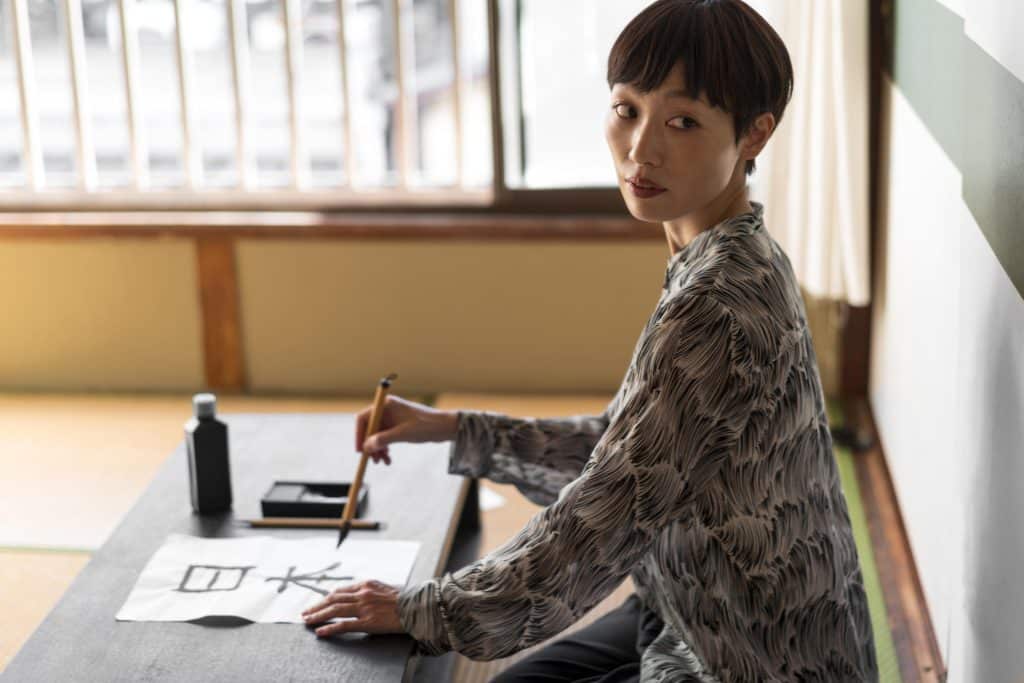
Workplace Hierarchy and Loyalty
Japanese doramas often spotlight workplace environments where hierarchy is clear and respected. Characters tend to address their seniors with honorifics and follow set roles diligently. Loyalty to the company is portrayed as a major virtue, with employees often putting the organization’s well-being before their own. Seniority often informs authority and responsibilities, shaping team dynamics and decision-making. This respect for hierarchy and duty reflects deep-rooted values like giri—fulfilling social and professional obligations.
Dedication and the Shadow of Overwork
Dedication to work is a recurring theme. Many dorama characters take pride in their jobs, sometimes to the point of personal sacrifice. The concept of ‘karoshi,’ or death from overwork, is not uncommon in plots, dramatizing the potential consequences of relentless labor. Characters may wrestle with exhaustion and deteriorating personal lives, highlighting tensions between company loyalty and individual health. Such stories underline the pressures that many Japanese workers face, while also suggesting the need for a more balanced approach.
Changing Attitudes in Contemporary Narratives
Modern doramas are increasingly nuanced about work culture. While tradition still matters, storylines now include challenges to rigid norms—such as employees seeking flexible schedules or questioning the necessity of unpaid overtime. Characters might advocate for mental health or push back against toxic workplace expectations, reflecting a slow evolution of Japanese work values. These shifts mirror growing debates in society about redefining success and well-being at work.
The lens of doramas continues to capture how personal ambitions and traditional expectations shape daily life choices.
Family Dynamics and Generational Differences
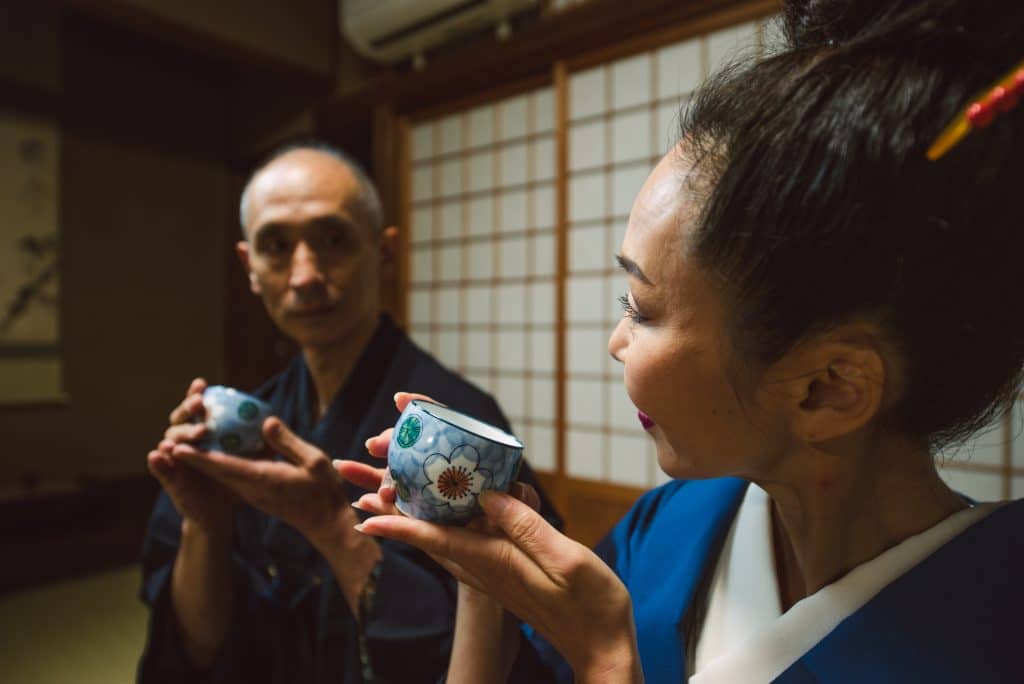
Shifting Family Structures
Japanese doramas often showcase the evolution of the family unit. Traditionally, families followed a multigenerational model: grandparents, parents, and children lived under one roof. The patriarch led the household, and family honor was deeply tied to social roles. Modern doramas, however, reveal growing trends like nuclear families, single-parent households, and adults living independently. These portrayals reflect real changes in Japanese society, where social and economic pressures have reshaped family expectations and daily routines.
Generational Tensions and Cultural Gaps
A recurring theme in doramas is the conflict between the values of older and younger generations. Parents, who grew up valuing obedience and group goals, expect children to follow career or marriage paths in line with tradition. In contrast, many young characters strive for personal fulfillment and autonomy, often resisting expectations to uphold family duty at the expense of their own happiness. This tension is depicted through intergenerational disagreements, especially around work-life balance, marriage, and caregiving responsibilities.
Changing Gender Roles Within the Home
Doramas have also explored the changing roles of men and women within families. Earlier stories typically cast women as homemakers and men as breadwinners. More recent narratives show working mothers, stay-at-home fathers, and couples negotiating household duties. These stories challenge long-standing gender norms, highlighting evolving attitudes toward equality and partnership within Japanese homes.
By examining these family dynamics, doramas continue to capture the pulse of a society in transition, setting the stage for further exploration of core cultural values.
The Concept of Honor in Japanese Society
Reputation and Personal Decisions
Honor, or maintaining “face,” is deeply woven into the fabric of Japanese society and often guides characters’ choices in doramas. Protecting personal and family reputation shapes how individuals behave in public and private settings. Characters may avoid open conflict, suppress personal desires, or even make great sacrifices to uphold their family’s standing. Doramas highlight these dilemmas, showing the pressure people feel to preserve harmony and social approval—sometimes at the cost of their true feelings.
Experiences of Shame and Apology
Shame is a powerful force in these stories. When a character fails—whether by breaking social rules or falling short of expectations—they often experience public humiliation or self-reproach. Apology becomes a formal act of restoring one’s social standing. Scenes of deep bows, tearful admissions, or acts of penance are common. These moments stress the seriousness of honor and how vital it is to seek forgiveness from others.
Redemption after a failure is possible, but only through visible effort and humility. Doramas use these themes to discuss right and wrong, teaching viewers that restoration is achievable, but demands sincerity and resolve.
Balancing Social Expectations and Needs
Conflicts between personal hopes and what society expects appear often. Characters may long for independence, love, or self-expression but struggle against unwritten codes of conduct. By exploring these internal and external battles, doramas show how honor can be both a guide and a source of limitation, highlighting ongoing changes in Japanese values as society evolves.
Modern Challenges to Traditional Values
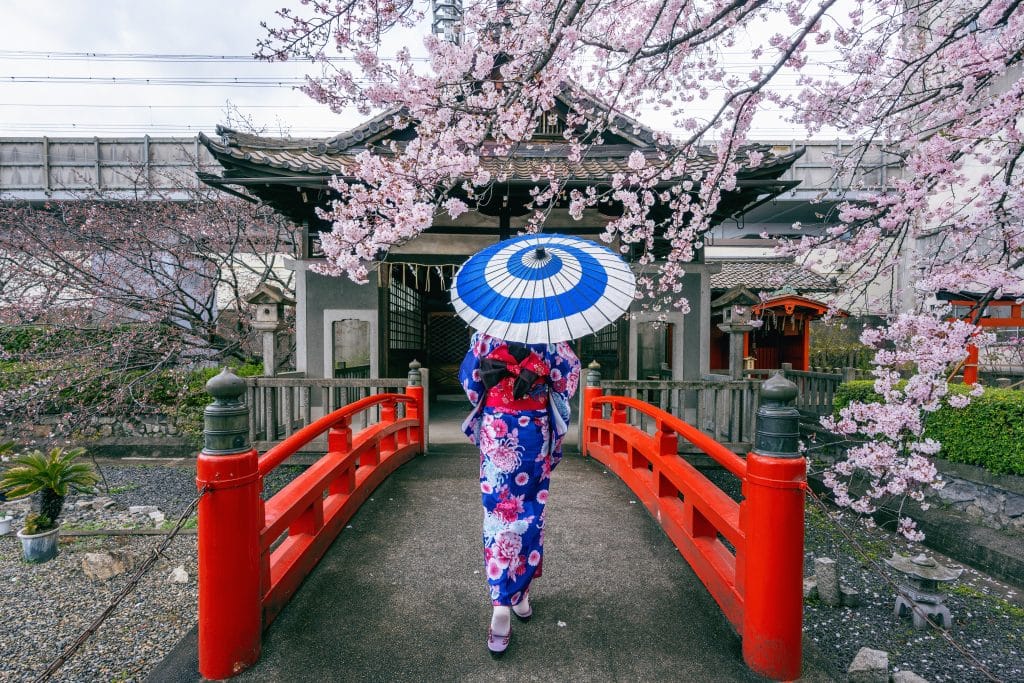
Westernization and Globalization in Japanese Society
Japanese doramas are increasingly reflecting the impact of Westernization and globalization. International trends, new technologies, and changing lifestyles shape the aspirations and identities of characters. Young protagonists are often pictured traveling abroad, pursuing careers that break from convention, or embracing global fashion and culture. These influences sometimes clash with older values, pushing families and communities to reconsider ideas around success, marriage, and daily living. Doramas use these contrasts to show how Japan is adapting to a fast-changing world.
Balancing Individual Happiness and Social Responsibility
A lingering theme in many doramas is the tension between personal happiness and collective duty. Traditional expectations encourage individuals to prioritize group harmony over individual desire. However, modern stories frequently highlight characters who choose self-fulfillment, even if it means challenging family or social norms. This creates dramatic conflict and opens important conversations about mental health, work-life balance, and the evolving definition of a meaningful life.
Addressing Social Issues: Hikikomori, Declining Birth Rates, and Work Culture
Doramas are not afraid to confront pressing social issues. Episodes on hikikomori—the phenomenon of social withdrawal—present nuanced views of isolation and efforts to reconnect. Falling birth rates and aging populations are depicted through stories about marriage reluctance, single parenthood, and shifting attitudes toward family. Changing work culture is another key focus, with characters advocating for flexible hours, parental leave, and healthier approaches to employment.
With these modern challenges, doramas continue to serve as timely reflections on shifting values and emerging social realities in Japan.
Romance and Relationships Through the Dorama Lens
Shifting Courtship and Marriage Portrayals
Japanese doramas capture an evolving landscape of romance. Earlier narratives often depicted relationships rooted in obligation and family expectations. Courtship was formal, with love developing slowly and often within defined social boundaries. Over recent decades, doramas have shifted towards highlighting affection, mutual understanding, and the emotional journey between characters. As social attitudes change, viewers now see couples navigating dating, breakups, reconciliation, and emotional vulnerability on screen, reflecting new values around love and partnership.
Arranged Marriages vs. Love Matches
The tension between arranged marriages and love matches is a recurring theme. Traditional stories focus on families acting as matchmakers, valuing alliances and stability. However, many modern doramas portray individuals seeking autonomy in romantic decisions. Characters now struggle between honoring parental wishes for arranged matches and pursuing personal happiness through love marriages. This conflict echoes broader societal challenges as Japan navigates between respect for custom and desire for self-determination.
Modern Relationship Challenges
Dramas today also address contemporary relationship dilemmas. Long working hours, urban isolation, and uncertainty about marriage or parenthood are common themes. Characters often confront miscommunication, career pressures, and balancing independence with togetherness. These stories mirror real-life debates on intimacy, gender equality, and shifting roles for men and women in partnerships. In highlighting both hardships and triumphs, doramas offer viewers a way to contemplate their own evolving values.
The exploration of relationship dynamics in doramas reveals how daily experiences and social pressures shape personal connections in Japan. This ongoing dialogue lays the groundwork for understanding further aspects of Japanese life and their portrayal on screen.
Educational Values and Academic Pressure
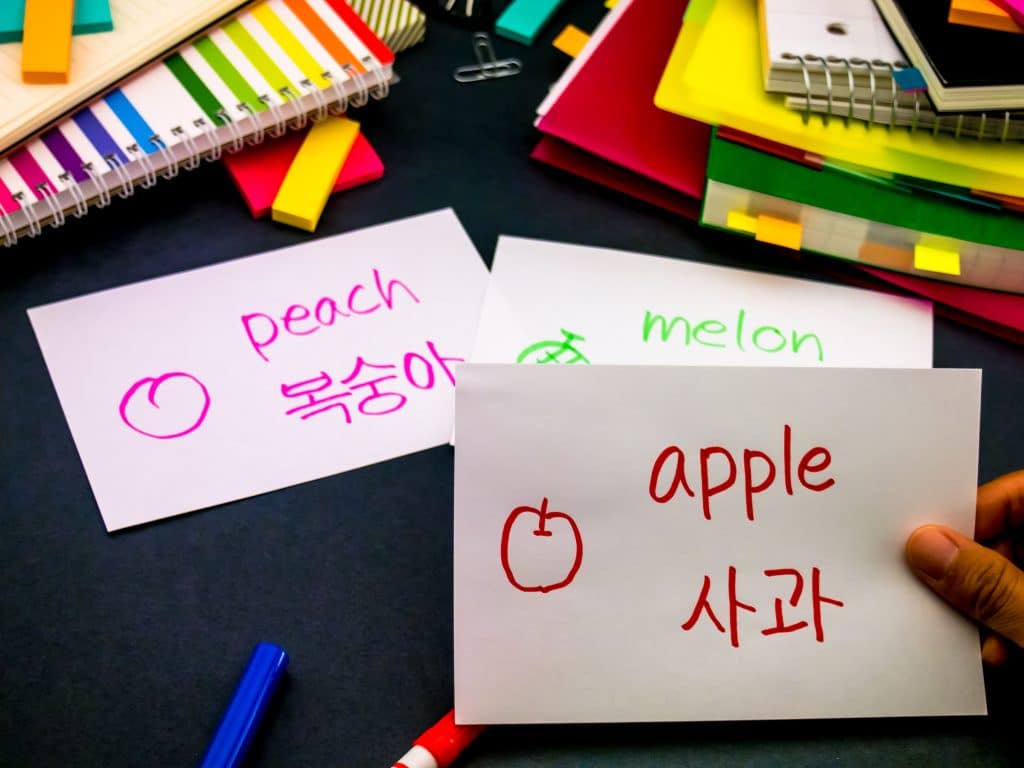
The Pressure Cooker: Academic Expectations in Japan
Japanese doramas often depict the world of students facing relentless academic pressure, known locally as “juken jigoku” or “examination hell.” This phrase sums up the intense focus on high-stakes entrance exams for top high schools and universities. Doramas exploring this theme show long study hours, cram schools (juku), and the sacrifices students and families make. Success in exams is tied closely to family honor and future prospects, underscoring education’s central role in social mobility.
Teacher-Student Relationships and Respect for Education
Education in Japan is not just about individual achievement; it is deeply tied to respect for teachers. Doramas frequently highlight teacher figures who serve as mentors, moral guides, or crucial sources of emotional support. The “sensei” often holds authority both inside and outside the classroom. Storylines may show teachers going above and beyond for students, helping them face personal and academic struggles. These relationships showcase mutual respect and the enduring value placed on learning.
Critiques of Academic Pressure
Contemporary doramas also critique the drawbacks of this high-pressure environment. Some narratives explore the toll exam stress takes on mental health, social relationships, and self-esteem. Pressures to conform can stifle individuality, leading to isolation and even school refusal. These stories encourage viewers to question whether the pursuit of academic excellence should come at the cost of well-being and happiness.
This exploration of education values connects to broader themes of identity and changing social roles within Japan.
Gender Roles and Evolving Identities
Traditional Expectations and Emerging Change
Japanese society has deep roots in traditional gender roles, often casting men as breadwinners and women as caregivers. For decades, doramas echoed these roles, portraying women largely in domestic, supportive positions. Men were typically shown as stoic and responsible, placing duty above personal wishes. However, contemporary doramas increasingly challenge these expectations. Modern storylines feature women with independent careers, personal ambitions, and voices of their own. Male characters are no longer solely defined by their jobs or emotional restraint. These changes in dorama narratives mirror gradual but real shifts within Japanese culture.
Working Women and Stay-at-Home Fathers
Dramatic portrayals of working women have become common, with characters juggling job demands, family pressure, and personal growth. These stories highlight the hurdles women still face, such as workplace sexism and societal judgment for prioritizing a career. Conversely, stay-at-home fathers are also featured, sometimes facing ridicule but often portrayed sympathetically. These character arcs explore the struggles in breaking from tradition, ultimately encouraging acceptance of diverse family structures and life choices.
LGBTQ+ Representation
Recent doramas have begun addressing LGBTQ+ themes, offering sensitive depictions of characters exploring or proudly expressing their identities. While earlier shows rarely acknowledged these experiences, contemporary dramas increasingly present LGBTQ+ individuals navigating love, relationships, and society’s responses. These evolving narratives contribute to greater visibility and understanding, reflecting broader conversations about inclusiveness and social change in Japan.
Within this shifting landscape, doramas continue to offer audiences new perspectives on identity and belonging.
Social Hierarchies and Class Distinctions
Class Barriers in Romantic Storylines
Japanese doramas often use romance to highlight social divisions. Characters from different backgrounds meet, and their relationships face challenges based on wealth, education, or family status. These themes show how class distinctions remain relevant in modern Japan. Romantic doramas commonly portray a humble protagonist who falls for someone from a wealthy or influential family. Barriers such as parental opposition, expectations of social roles, and the fear of public disapproval force characters to make personal sacrifices, emphasizing the difficulty in crossing class lines.
The Senpai-Kohai Dynamic
Another key aspect of hierarchy depicted in doramas is the senpai-kohai (senior-junior) relationship. This tradition shapes how people interact at school, work, and even within families. Seniors offer guidance, while juniors are expected to show respect and obedience. Age and experience dictate authority, and these roles can impact characters’ opportunities and personal growth. Doramas often explore the tensions between respect for tradition and the younger generation’s desire for more egalitarian relationships.
Questioning Rigid Structures
Modern doramas do not only depict hierarchies—they sometimes critique them. Storylines highlight the struggles of those who do not fit established molds, questioning the fairness of rigid social systems. Characters challenge unfair treatment rooted in status or age, advocating for change and greater inclusion. This evolving narrative reflects a broader social shift towards examining and transforming traditional class and age-based boundaries.
This ongoing look at social dynamics builds a foundation for exploring how influential doramas sparked dialogue and shaped change.
Case Studies: Influential Doramas Reflecting Social Change
Challenging and Reinforcing Traditions
Japanese doramas often serve as both mirrors and catalysts for social change. Some notable series have directly challenged traditional values like family hierarchy, while others reinforce long-standing cultural norms. For instance, stories that focus on single mothers or unconventional family units push against the expectation of the nuclear family. Conversely, many doramas still highlight themes such as filial piety and respect for elders, maintaining a link to Japan’s cultural roots.
Sparking Social Dialogue
Certain shows have sparked conversations on sensitive topics, prompting wider social reflection. When doramas address issues like workplace bullying or the struggles of hikikomori (people who isolate themselves), they encourage open discussion about problems that are often kept private in real life. By portraying characters who confront these challenges, the media fosters empathy and new viewpoints among viewers.
Evolving Themes Across Decades
Over the years, the themes explored in doramas have shifted. In earlier decades, storylines frequently revolved around duty, sacrifice, and societal expectations. More recent works tend to feature individual agency, personal happiness, and critique of rigid systems. This evolution reflects a society in transition—honoring the past while questioning old boundaries.
By highlighting both challenges to tradition and ongoing debates, these influential doramas play a quiet but vital role in Japan’s social development.
Conclusion: The Future of Japanese Values Through Doramas
Bridging Tradition and Social Progress

Japanese doramas have consistently highlighted the tension and balance between preserving cultural traditions and embracing social change. Through their evolving narratives, these dramas provide viewers with a unique glimpse into the complexities of Japanese society. They reflect core values—such as honor, family duty, and collective harmony—while also depicting how these ideals adapt to new challenges.
Global Reach and Cultural Perception
As doramas reach wider audiences through streaming platforms, they play a key role in shaping international perceptions of Japanese culture. The blending of traditional customs with contemporary issues—like modern relationships, academic pressure, and changing gender roles—offers global viewers a nuanced perspective. This growing popularity encourages cross-cultural dialogue and fosters a better understanding of Japanese social norms and evolving identities.
Looking Ahead
Doramas are likely to remain both a mirror and agent of change for Japanese values. Storylines continue to explore shifts in work ethics, family dynamics, and concepts of honor. As Japan faces new societal pressures, such as demographic shifts and increasing diversity, doramas will likely portray these realities, supporting conversations on inclusion and well-being.
With each new series, doramas encourage audiences to reflect on the meaning of tradition amid ongoing change, ensuring their relevance in society’s narrative.
